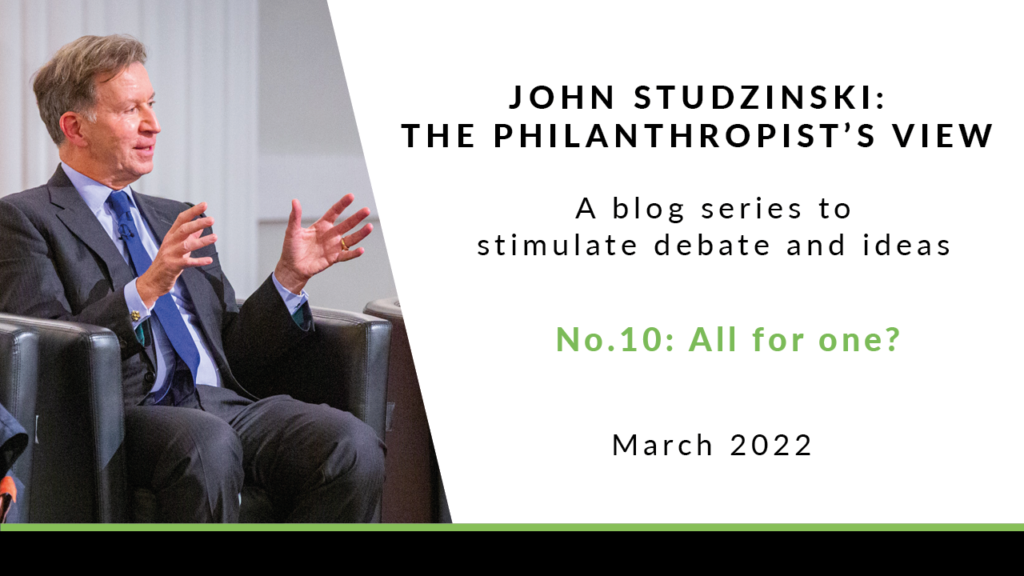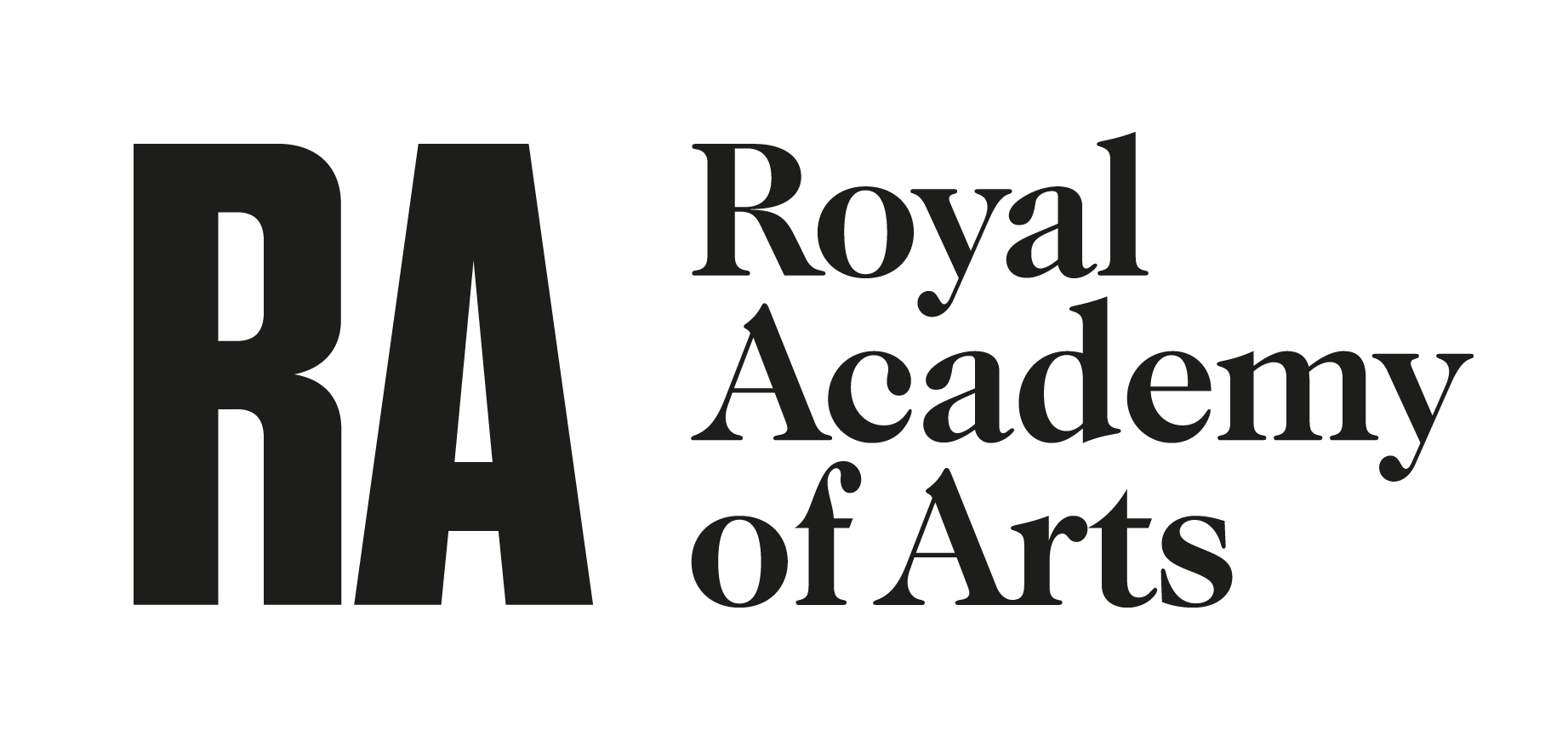No. 10 | All for one?

‘Diversity’ is a word we hear a lot these days. It has become synonymous with the equitable representation in our society of a multiplicity of ethnicities, communities and genders. But it is a word that accommodates a wealth – indeed a diversity – of implications.
We live in a time when, though we are highly connected by technology, a number of forces have made us more vulnerable to social and cultural isolation. Increasingly, valid assertions of ‘differentness’ and individuality are at risk of morphing into an ideology of separatism and fragmentation. We need to remind ourselves of an old adage that the late MP Jo Cox integrated into her maiden speech in the House of Commons in June 2015: ‘It’s a joy to represent such a diverse community … While we celebrate our diversity, the thing that surprises me time and time again as I travel around the constituency is that we are far more united and have far more in common with each other than that which divides us’
Taking that observation a stage further, we can find unity in diversity. This is a concept which, through history, has been expressed in numerous (and diverse) religious and political contexts. I am going to focus on just one: 1 Corinthians 12:12-30 in the New Testament. Here, St Paul refers to people who have been baptised into Christianity, but the power and relevance of his analogy is not confined to any specific religion or cultural tradition. He starts off by saying that it takes many parts to form a body, them continues:
‘Now if the foot should say, “Because I am not a hand, I do not belong to the body,” it would not for that reason stop being part of the body. And if the ear should say, ‘Because I am not an eye, I do not belong to the body,’ it would not for that reason stop being part of the body. If the whole body were an eye, where would the sense of hearing be? If the whole body were an ear, where would the sense of smell be? … If they were all one part, where would the body be? As it is, there are many parts, but one body.
‘The eye cannot say to the hand, “I don’t need you!” And the head cannot say to the feet, “I don’t need you!” … God has put the body together …so that there should be no division in the body, but that its parts should have equal concern for each other. If one part suffers, every part suffers with it; if one part is honoured, every part rejoices with it.’
By accepting our identity and recognising our purpose, and by acknowledging the distinctive contribution that other people have to make, we can all complement each other and so belong to a strong entity that is more than the sum of its parts – in other words, a union of diversity.
This principle is exemplified in any multidisciplinary arts project: a play, an opera, a film, a digital production, an ensemble performance by musicians or dancers, an exhibition … The substance and impact of each is the fruit of collaboration between people offering different talents and expertise – creative, technical, managerial and administrative. The audience participates in the ‘union’ too, validating the entire endeavour.
To go back to the Bible – an important and influential book by any standards – we can recognise the primacy of the community rather than the individual. In the Old Testament, even the most powerful and influential characters take their place in a larger chronicle of dynasties, tribes and civilisations. In the New Testament, Jesus is very much the protagonist of the narrative, but he is a man who transcends limiting codes, conventions and hierarchies. Above all, he dies on the Cross for the salvation of humankind – in other words for the common good.
As a leader, Jesus understood that everyone has a right to be represented, to have a seat at the table, and to be rewarded with what is owing to them as a member of a cohesive society. Each of us is an individual, each of us is different, and each one of us can be proud of that. Equally, we must recognise what every other person can bring to the table. Sometimes, there will be differences to overcome as best we can, but together – in all our diversity – we really can be stronger.
Read other posts in the John Studzinski: The Philanthopist’s View series







